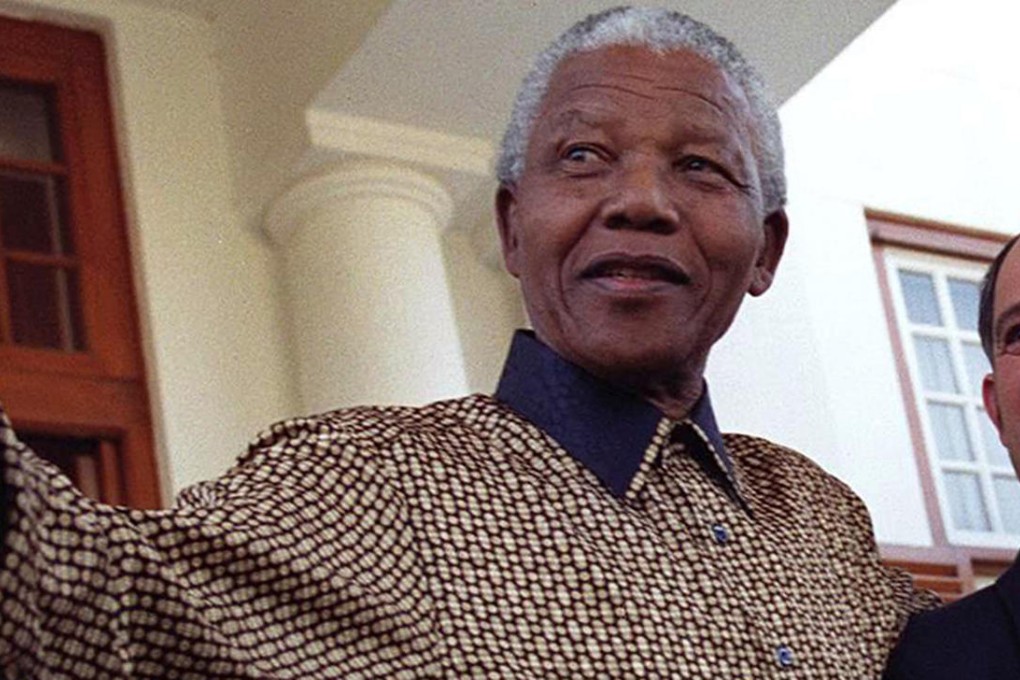Christo Brand, ex-prison guard to Nelson Mandela, describes their close relationship
Anti-apartheid revolutionary's former jail guard tells how their relationship grew within detention walls to a long-lasting friendship

He was with Nelson Mandela during all the years the anti-apartheid icon was imprisoned on Robben Island.
And, like millions of people around the world, he has been hit hard by Mandela's death.

The two men - the black political prisoner and the white Afrikaans warden - forged an unlikely but enduring friendship.
"It's like a father I lost," said Brand. "It means a big loss for the country and we will really miss him. I miss him myself personally, but always I will have him in my mind."
They last met about two years ago when Brand, now in his 50s, brought his wife, son and grandson to see Mandela in Cape Town in a Sunday afternoon visit that lasted nearly three hours. They had "nice chats" about the past, about his family.